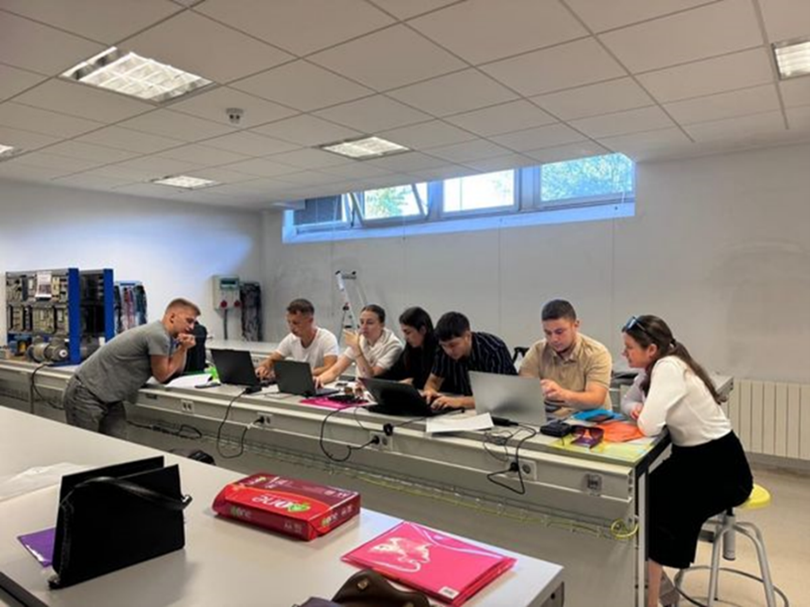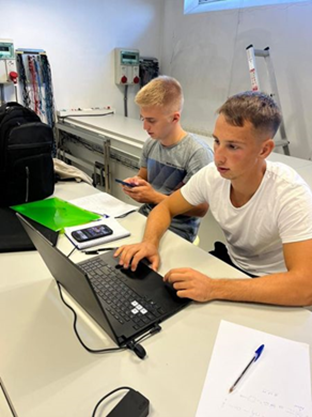As part of the student mobility of the ERASMUS+ UniClaD project, 8 students from the Technical University of Moldova took part in an internship at the University of Valladolid (Spain)
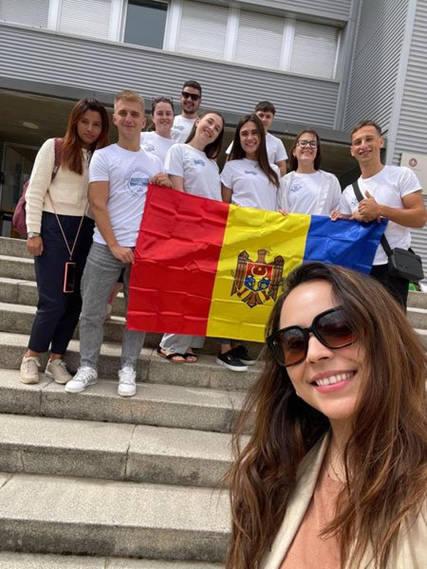
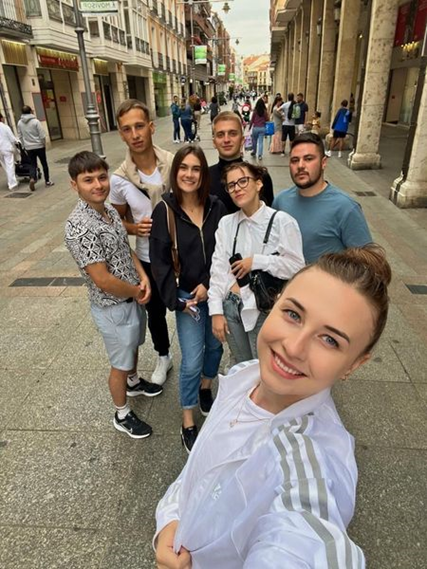
As part of the program, the students visited the Irrigation Community 'Los Payuelos', which is headquartered in Sahagún. Moldovan students had the opportunity to get acquainted with the most advanced irrigation system in Spain.
Moldovan students, together with Dr. Leticia Chico-Santamarta and other doctoral students from the Department of Agronomic Engineering and Forestry of the University of Valladolid, Palencia Campus, were welcomed by Jorge F. Alvarez Gago, President of the Irrigation Community and David Urquizu Llorente.
The students learned about Los Payuelos' innovative developments in irrigation technologies and sustainable water management. “We are delighted to welcome these young people from Moldova,” said Alvarez Gago. “This visit is not only a recognition of our achievements, but also facilitates a valuable exchange of ideas that is fundamental to solving global agricultural challenges.”
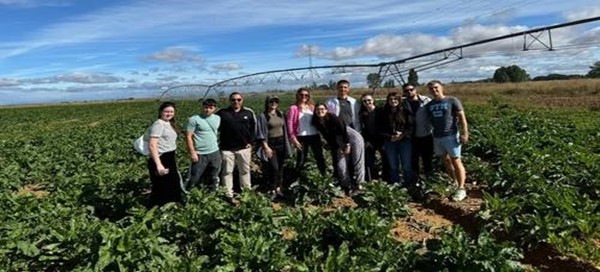
He noted that the UniClaD project “aims to create a bridge between academic knowledge and practical applications.” “Los Payuelos is a great real-world example of innovative water management that offers valuable perspectives for our students and researchers,” said Alvarez Gago.
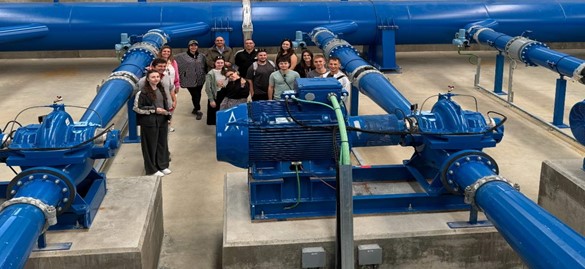
David Urquizu Llorente noted that the success of their community is based on an innovative approach to water management and commitment to sustainable development, and that they would be happy to share their knowledge with Moldovan students who came to Spain.
The visit provides Moldovan students with a unique opportunity to see firsthand how advanced automation and water management can make a difference in agriculture. They have the opportunity to gain fundamental knowledge exchange at a time when the global agricultural community is facing challenges such as water scarcity and climate change.
At the end of the day, the students expressed their enthusiasm for applying the lessons and some of the technologies developed at Los Payuelos to their studies and future careers in the agricultural sector in Moldova.
Los Payuelos is a testament to Spain's commitment to innovation and sustainable agriculture. With 72,000 hectares spread across 24 municipalities in northern Spain, this watershed wonder serves 7,000 owners and 11,500 farms. Since its inception as a project of national interest in 1986, Los Payuelos has transformed the agricultural landscape of the territory.
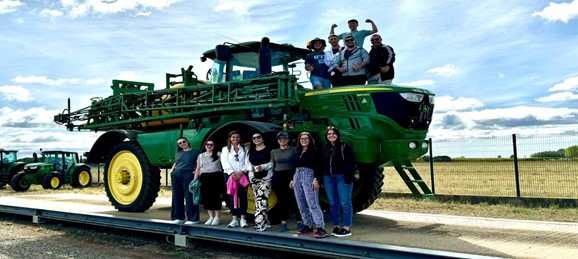
Its main features include fully automated irrigation systems that guarantee precise water distribution; advanced remote control technologies; a water management model that balances agricultural needs with environmental protection, in addition to transforming local agriculture into the cultivation of high-value crops such as corn, beets and grains.
Visiting agricultural and livestock enterprises
In addition to visiting the "territory" of Los Payuelos, the group of students and teachers also had the opportunity to learn about some of the agricultural and livestock companies in the province.
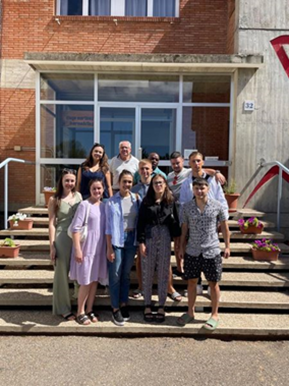
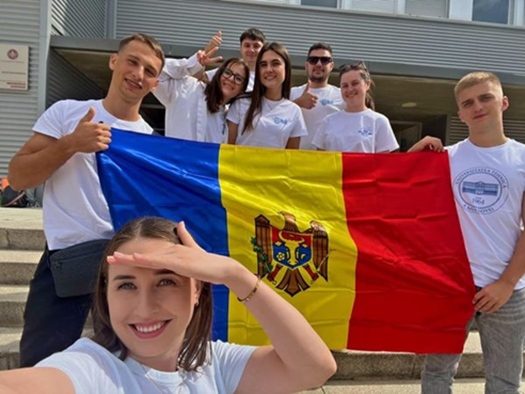
A visit to the Agrisan Sociedad Cooperativa in Las Graneras exposed the students to advanced irrigation and sugar beet cultivation systems. This visit was particularly informative as it demonstrated modern agricultural techniques in crop production, in many cases unknown to Moldovan students. In addition, they had the opportunity to learn about grain drying and cooling equipment, which aroused great interest among the students, as the modern equipment gave them comprehensive knowledge of the basic technologies of grain processing, storage and preservation.
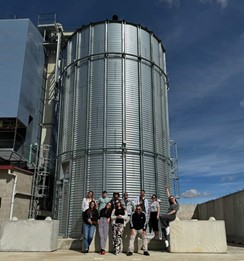
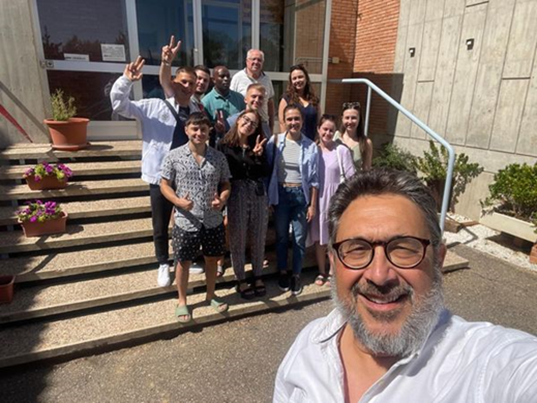
Given the interest of the participants, as a complement, they visited the Mercofran agricultural machinery company, where they saw different types of agricultural machinery used in the area's agriculture. This experience allowed them to better understand the technological aspects of modern agriculture and the equipment needed for efficient operation.
To deepen their knowledge of animal husbandry, students visited Ganadería Villa in Santibañez del Porma, a traditional dairy farm. This visit provided valuable insight into traditional livestock farming methods, which students were able to compare with the high-tech facilities they had seen elsewhere. The students observed small milking practices, animal husbandry techniques, and discussed with local farmers the challenges and benefits of family dairy farming.
At the end of the program, the Moldovan students visited Aviferso TC in Cembranos, one of 38 farms of Avicola Galocha, a well-known poultry company for raising chickens. This farm demonstrated its integrated approach to poultry production - from chick rearing to processing and marketing. The students learned about the company's rich resources, including veterinary services, farm network and specialized transport fleet.
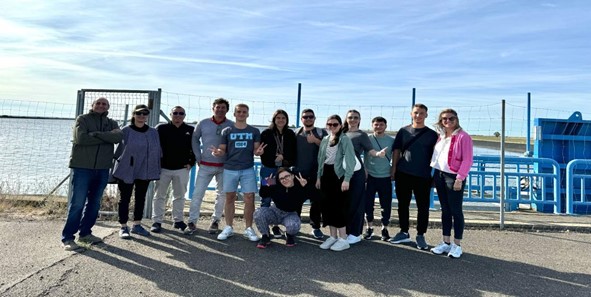
“During these visits, the enthusiasm and commitment of the students was evident. This diversity of visits provided Moldovan students with a unique opportunity to observe and learn about different aspects of agricultural production, from dairy and poultry production to crop production and agricultural technology. This is an example of how, through the mobility program, the UniClaD project allows students to complement their academic studies with real-world industry experience, preparing them for future careers in a more globalized agriculture sector,” concludes Dr. Chico.
